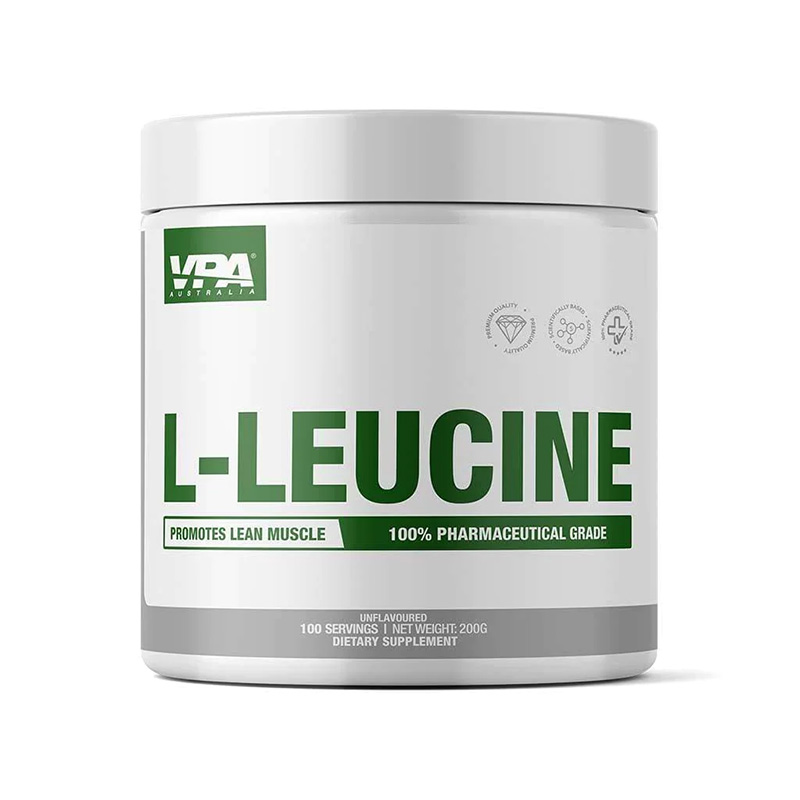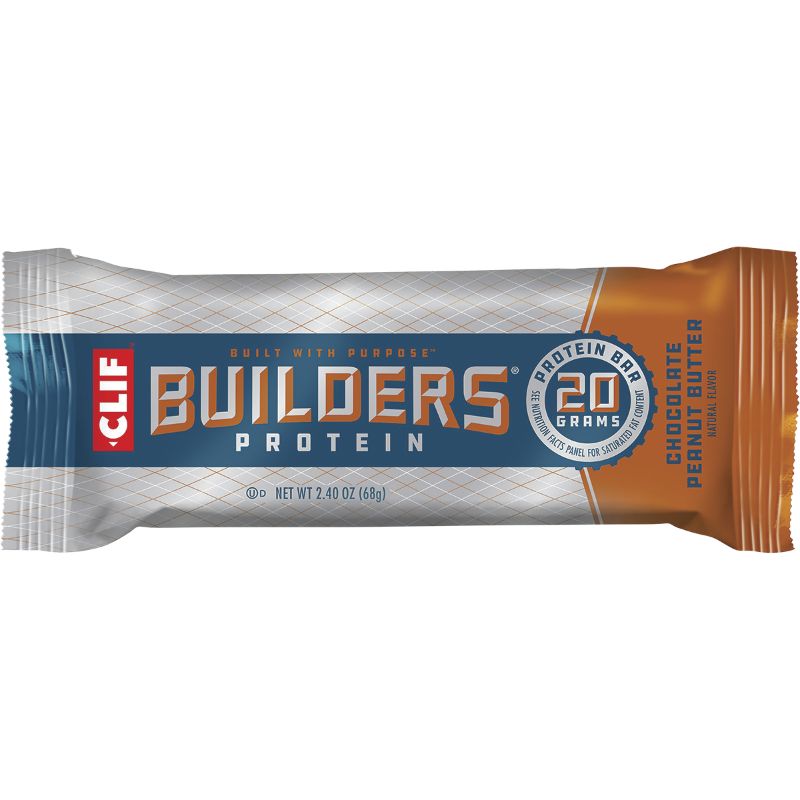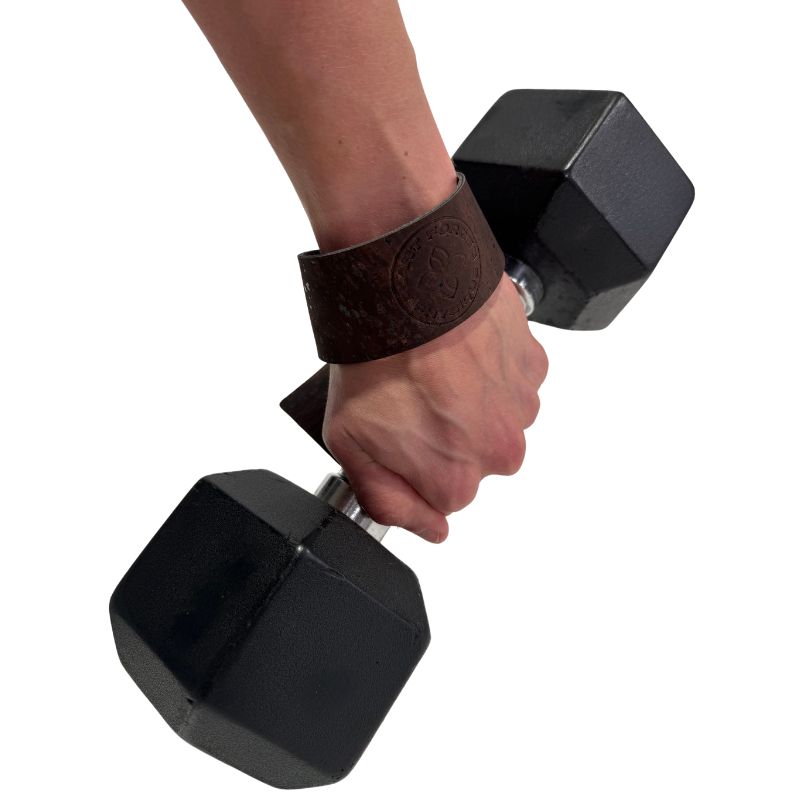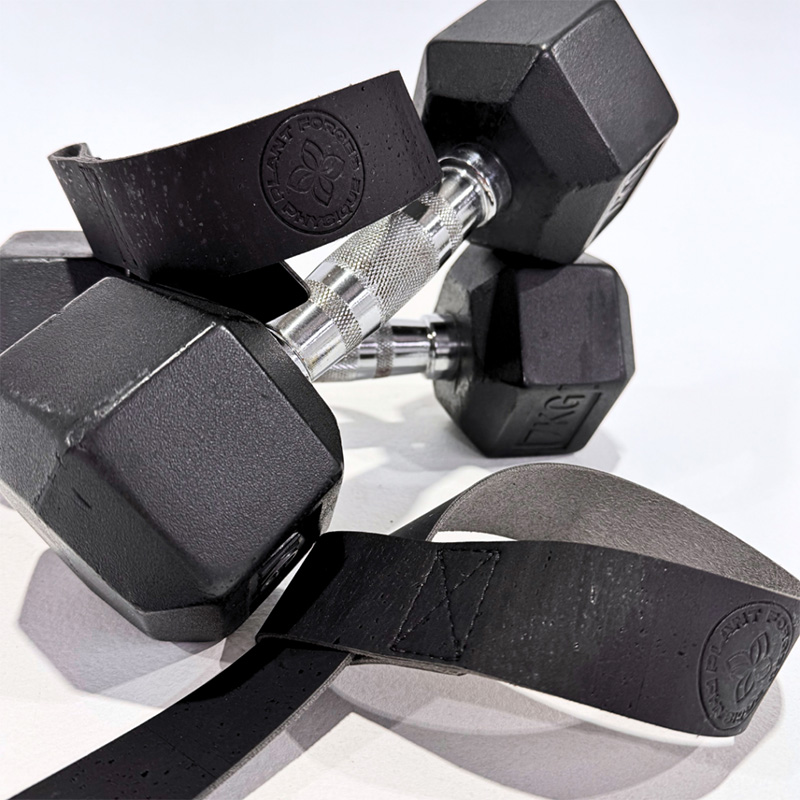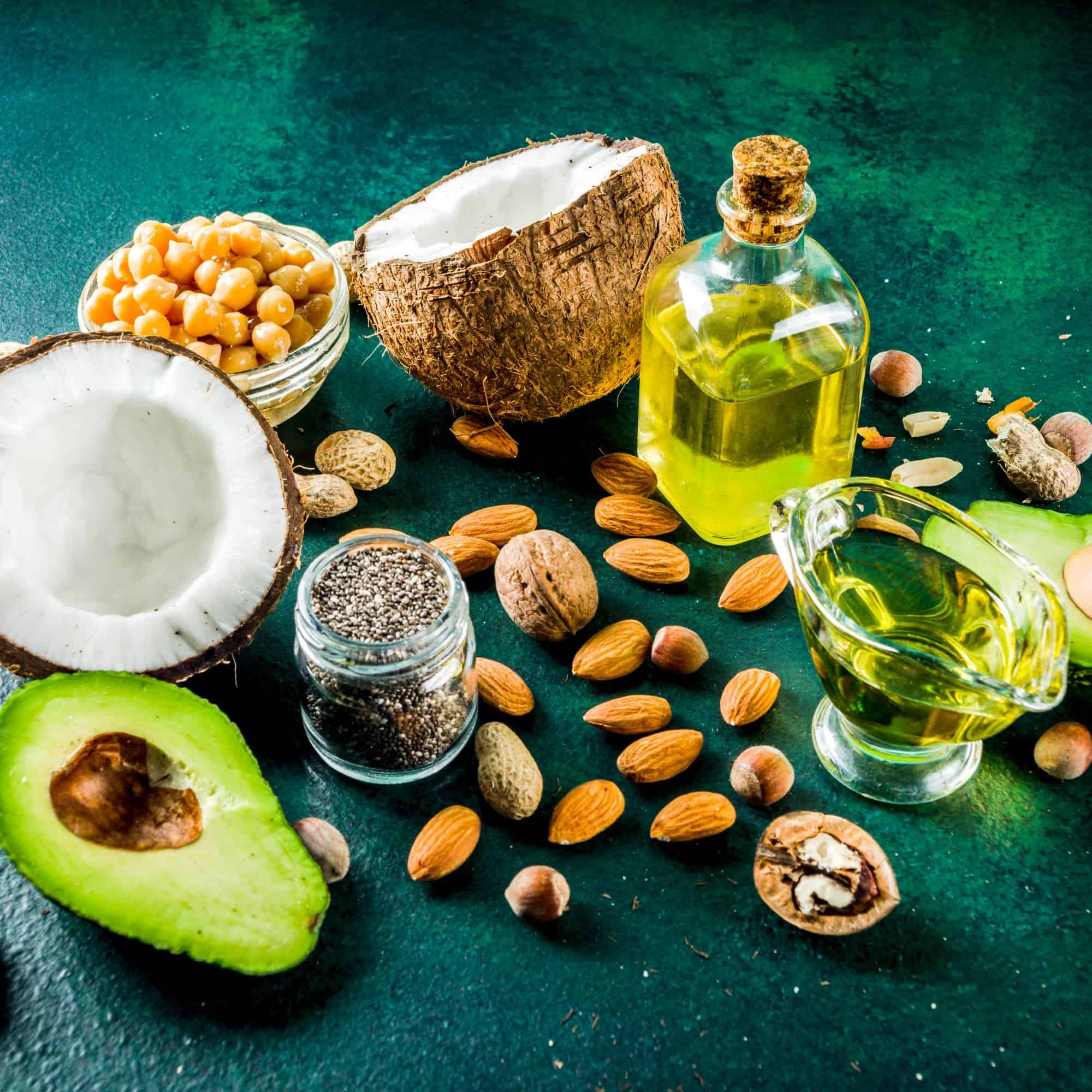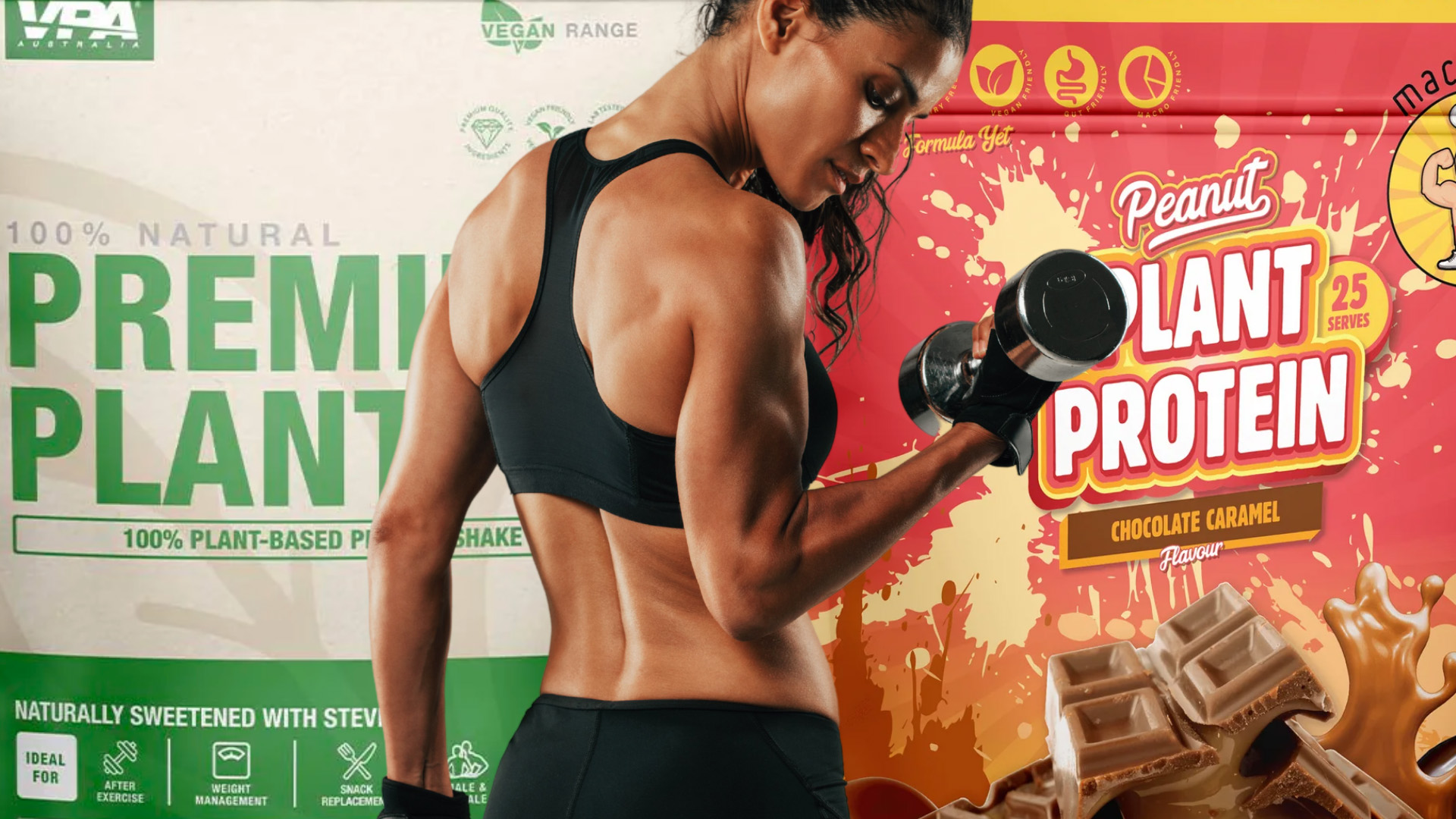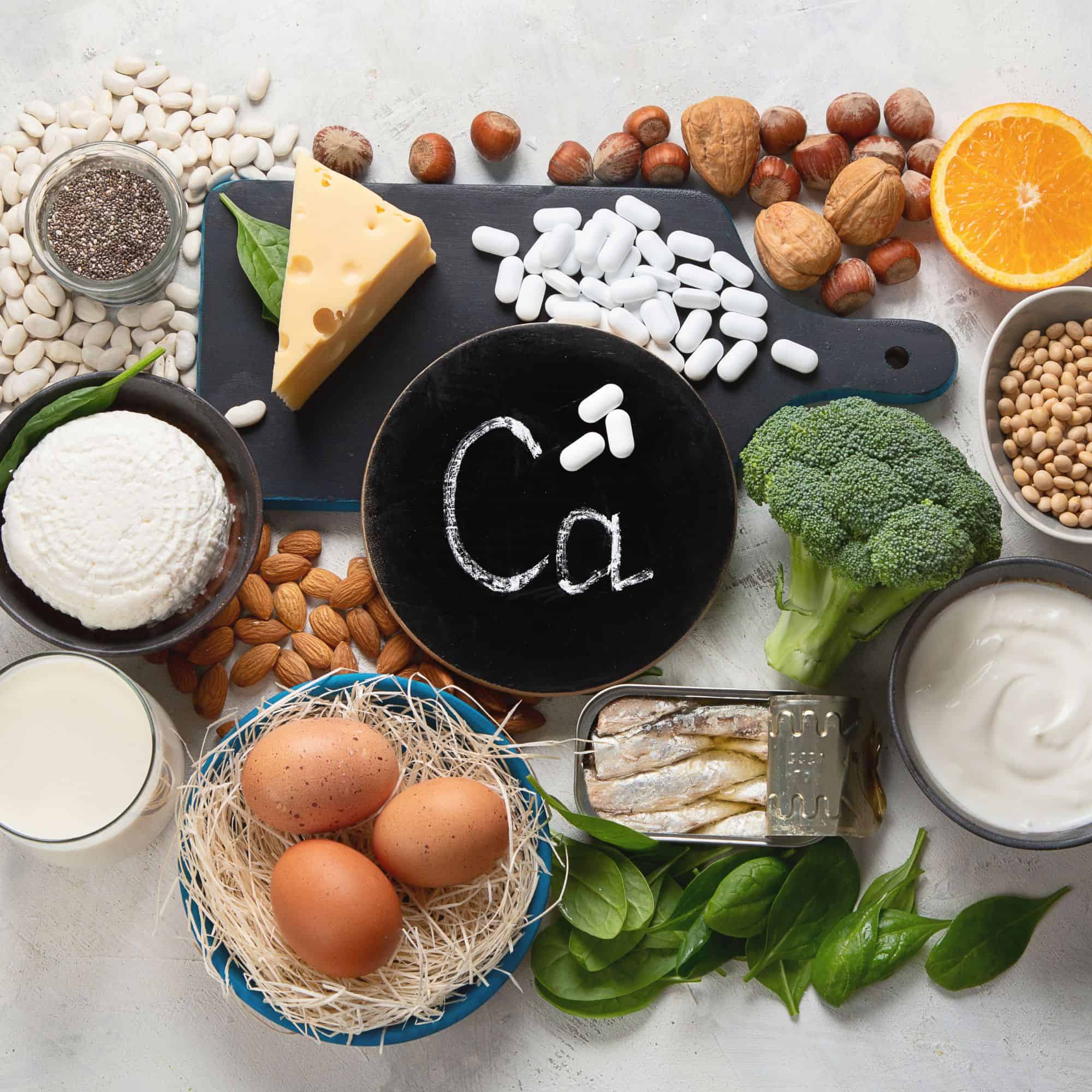
Why vegans require different macros
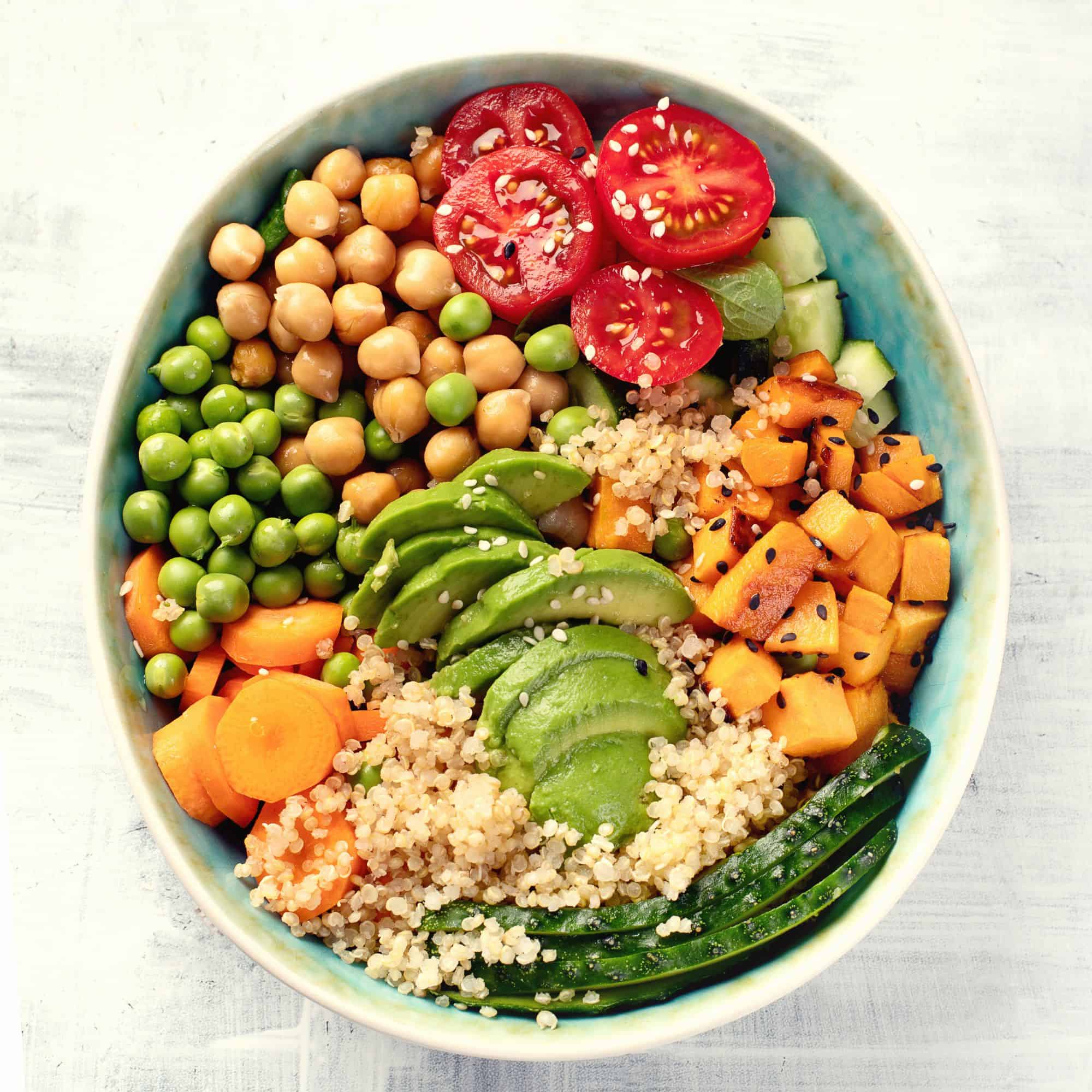
“Macros” are the 3 key macronutrient categories that make up our food: Carbohydrates, Fat, and Protein.
Macro-tracking or “counting” macros is the process of tracking how many grams of each macronutrient you consume per day in your food, typically aiming to meet a certain daily target each (i.e. Xg of carbs, Xg of fat, Xg of protein)
Now the question is – if you’re vegan or plant-based, do you have different ‘optimal’ macros to someone on an omnivorous diet?
And the answer, to a degree – is yes!
It largely comes down to your protein intake.
Plant proteins are less anabolic (i.e. their ability to induce and create muscle growth). This is because plant-based protein sources can often be ‘incomplete’: missing or low in important essential amino acids.

In particular, plant-proteins are notoriously low in the branched-chain amino acid Leucine.
Leucine acts as the trigger or catalyst for muscle-protein synthesis. This makes it difficult for vegans to get enough Leucine in a single dose or frequently enough.
For vegans – “How much protein do I need?” is a common question.
That amount is rarely a static figure and can change depending on changes in your goal, exercise and lifestyle. Your age, gender, body composition, lifestyle activity, exercise, and goal all influence what’s going to be your optimal amount of protein, fat and carbs.
For example:
- A person training to run a marathon and does a lot of cardio-based training may require a higher amount of energy and carbohydrates to fuel their exercise
- A person who is mainly sedentary during the day and a muscle-building goal may require less energy to fuel their activity but more protein to stimulate muscle growth
But – individuals on a plant-based diet will likely need to consume more protein due to the lesser efficiency of plant-protein sources.
It’s recommended vegans consume 10-20% more protein compared to an omnivorous diet.
Grams per kilogram of body weight, per day
Plant-based | Omnivorous | |
|---|---|---|
General Health | 1 | 0.8 |
Fat Loss | 2-3 | 1.8-2.5 |
Endurance Athlete | 1.5-1.8 | 1.4-1.6 |
Strength Athlete | 1.8-2.4 | 1.6-2 |
So when setting your macros on a vegan or plant-based diet, your protein target will be different to someone on an omnivorous diet. 
Tips to optimise protein intake on a plant-based diet:
- Use complete and efficient protein sources – which are typically soy foods like tofu, tempeh, TVP, soy-protein isolate, and soy-containing plant-based meats
- Eat 1.6-2.2g protein per kg of body weight per day
- Spread your protein intake out fairly evenly across the day
- Utilise less efficient protein sources – like nuts, seeds, legumes and grains – as secondary sources to support your key protein sources
- Supplement with a protein powder or leucine supplement
Sources
- https://pubmed.ncbi.nlm.nih.gov/17908291/
- https://pubmed.ncbi.nlm.nih.gov/15212752/
- https://pubmed.ncbi.nlm.nih.gov/21167687/

shop
Plant Protein Essentials Kit
From $160.96 Original price was: $160.96.$144.87Current price is: $144.87.
Save 10% on your goals with the must-have essentials bundle for plant-based nutrition and training. Customise your pack and fuel your fitness.
shop
VPA Leucine
$30.99
The missing piece in the plant-based muscle building puzzle. Accelerate strength, muscle growth and recovery with this essential amino acid.
